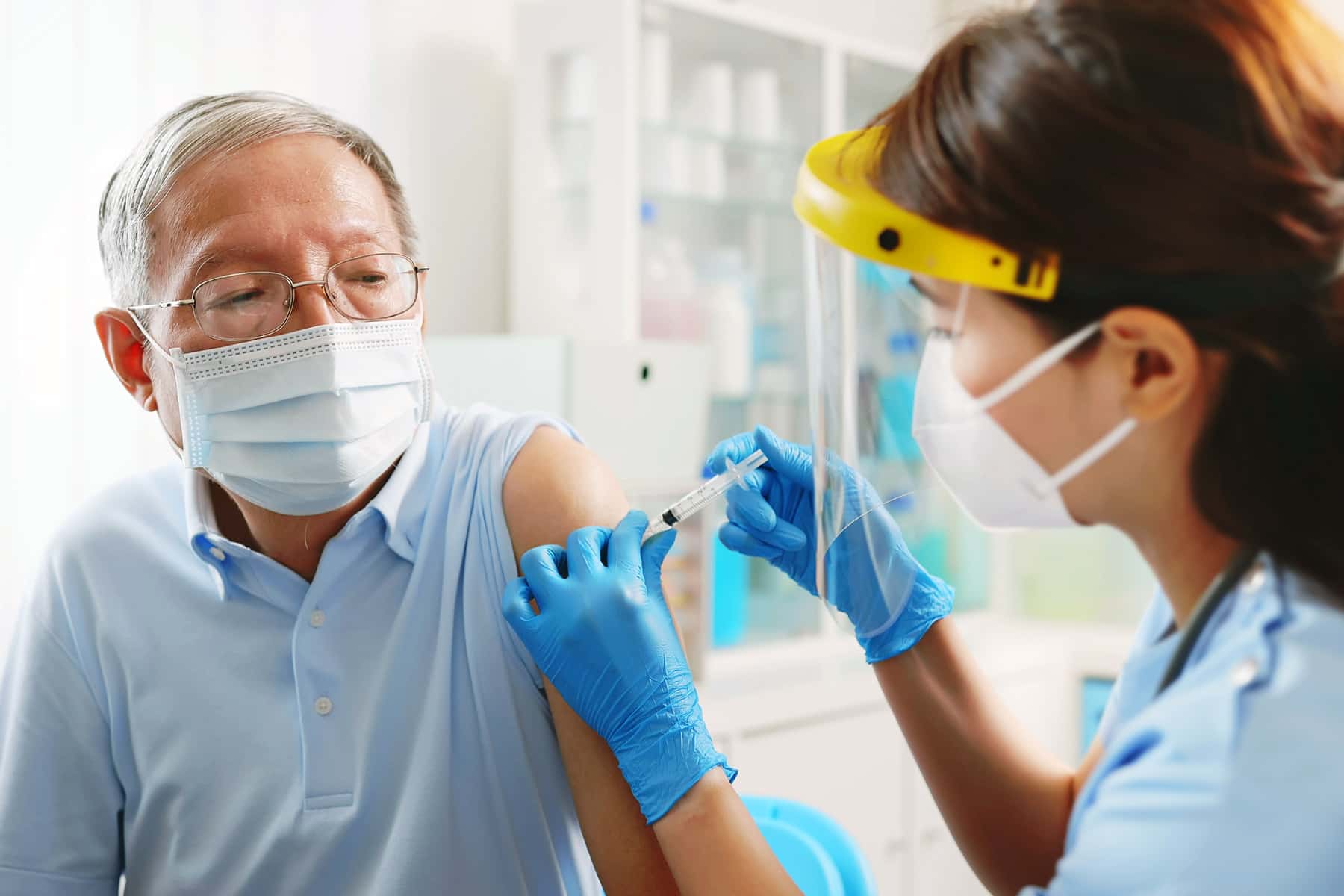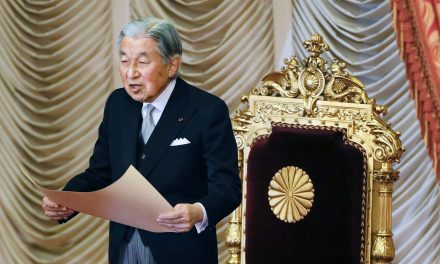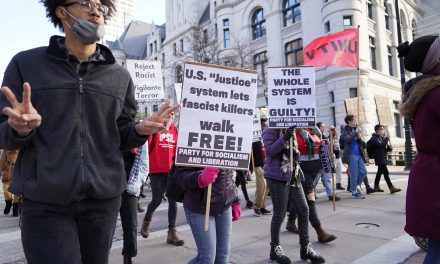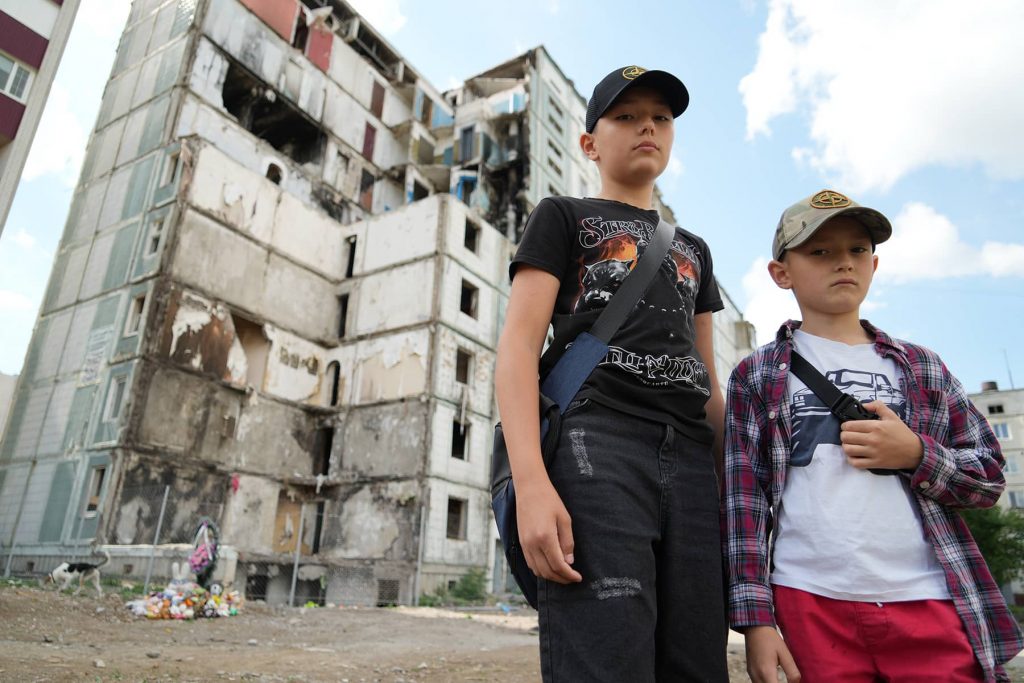
Seng Yang and hundreds of others lined up to get their COVID-19 vaccine on April 7 at the Hmoob Cultural & Community Agency. Seng said so many people turned out for the one-day vaccination clinic because language has been a barrier for many in the Hmong community to access vaccines at other locations.
“I’ve seen that a lot, where it’s hard for those who are limited with English to go out to find places to get the vaccine. So this is a good place to start and for them to come out and get it,” Seng said.
NaoHoua Tony Yang, president of the Hmoob Cultural & Community Agency, said the language barrier has prompted many community members to contact his organization for help.
“People have been calling our agency 24/7. They say, ‘We want some vaccines, when are we going to get it?'” NaoHoua Tony said.
In addition to setting up the clinic with the La Crosse County Health Department, NaoHoua Tony said his organization has helped people sign up for other locations online and provided informational fliers and videos in the Hmong language.
“Just to understand what COVID-19 is and even understand the different vaccines that we have — Pfizer, Moderna and Johnson & Johnson — people still don’t understand completely what those vaccines mean,” NaoHoua Tony said.
Making public health information about COVID-19 accessible to everyone in the Hmong community has been a challenge across the state. Early in the pandemic, the Madison-based Hmong Institute partnered with groups in several other Wisconsin cities to create a COVID-19 hotline.
It connected callers to speakers of Hmong, Lao, Cambodian, Nepalese and other languages who could answer questions about the disease and preventing its spread, and help callers navigate the economic fallout of the pandemic or connect with mental health services.
For Hmong elders, Hmong Institute director Peng Her said information has often spread by word of mouth. But he said that has also allowed misinformation to spread. For example, some worried that going to health providers to get a vaccine could present a serious health risk.
“We hear from the elders that only sick people go to the hospital, or only people with COVID-19 are at the hospital,” Her said.
They’ve countered that perception with education, he said, and also by hosting their own vaccine clinics, offering a setting that’s more comfortable for some community members. To help answer questions of those who might be hesitant about vaccines, The Hmong Institute has had a physician who is Hmong on the site at times.
In Wausau, Yee Leng Xiong, from the Hmong American Center, said they’ve worked to address general concerns about vaccination, like the safety of the vaccine given how quickly it was developed and the potential side effects of getting the shot.
But Xiong said there is also a darker concern keeping some older Hmong residents from getting the vaccine.
“Some of the elders are tying the anti-Asian (sentiment) to the coronavirus as well and the vaccine,” Xiong said. “Some of them feel strongly that this is a way for some of the western civilizations to try and basically hurt the AAPI community here. So they’re very reluctant.”
Xiong said the growing frequency of anti-Asian violence has also caused fear for those who want to get vaccinated. His organization was able to work with a local community vaccination clinic to have a Hmong interpreter available for several hours on Saturdays and sign community members up during that time.
“It allows them to be there as a group and it makes them feel a lot more comfortable,” Xiong said.
He said the Hmong American Center also worked with the site to accommodate those working second or third shift and those who need an appointment on the weekends.
Xiong said the pandemic has put a lot of pressure on nonprofit organizations like his to help folks navigate public health messaging and now access to vaccines. He said he would like to see more alternatives and outreach for both the Hmong and Hispanic communities.
Hope Kirwan, with Rob Mentzer
Originally published on Wisconsin Public Radio as Hmong Organizations Help Community Access COVID-19 Vaccines, Public Health Information














